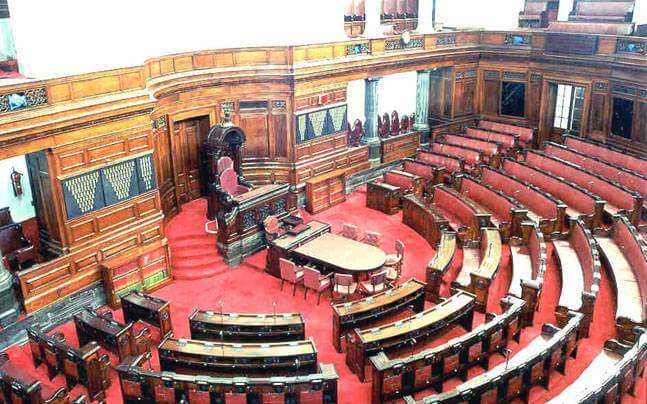
India’s data protection bill: A win for privacy, a challenge for businesses
The Rajya Sabha on Wednesday passed the Digital Personal Data Protection Bill, 2023, making India the first major country in Asia to have a comprehensive privacy law.
The bill was passed by a voice vote after a brief discussion.
The bill provides for the protection of the personal data of individuals, including their name, address, phone number, email ID, and financial information.
It also sets out the rights of individuals with respect to their personal data, such as the right to access, correct, and delete their data.
The bill also creates a Data Protection Authority (DPA) to enforce the law.
The DPA will have the power to investigate complaints of data breaches, impose penalties on violators, and issue orders to data fiduciaries (organizations that collect and process personal data).
The passage of the data protection bill is a major step forward for India in terms of protecting the privacy of its citizens.
The bill is expected to help boost the growth of the digital economy in India by giving businesses the confidence to collect and use personal data in a safe and secure manner.
The bill has been welcomed by privacy advocates, who have long called for a comprehensive privacy law in India.
However, some critics have raised concerns about certain provisions of the bill, such as the government’s power to access personal data without a warrant.
Overall, the passage of the data protection bill is a positive development for India.
The bill will help to protect the privacy of individuals and boost the growth of the digital economy.
It remains to be seen how the bill will be implemented in practice, but it is a step in the right direction.
Here are some key points of the data protection bill:
-
The bill defines personal data as any information that can be used to identify an individual, directly or indirectly.
-
The bill gives individuals the right to access, correct, and delete their personal data.
-
The bill requires data fiduciaries (organizations that collect and process personal data) to obtain consent from individuals before collecting their data.
-
The bill prohibits data fiduciaries from selling or sharing personal data without the consent of the individual.
-
The bill creates a Data Protection Authority (DPA) to enforce the law.
-
The DPA has the power to investigate complaints of data breaches, impose penalties on violators, and issue orders to data fiduciaries.
The data protection bill is a complex piece of legislation, and it is still too early to say how it will be implemented in practice.
However, the bill is a major step forward for India in terms of protecting the privacy of its citizens.




